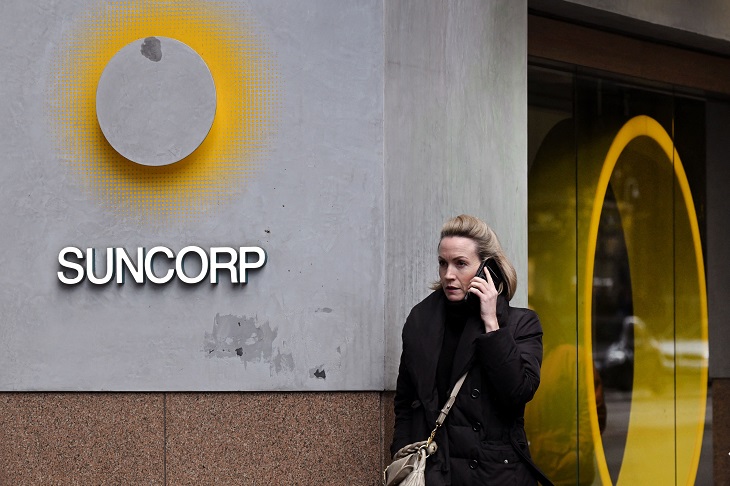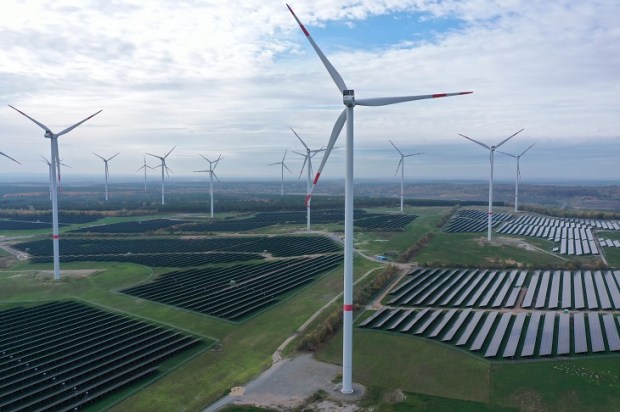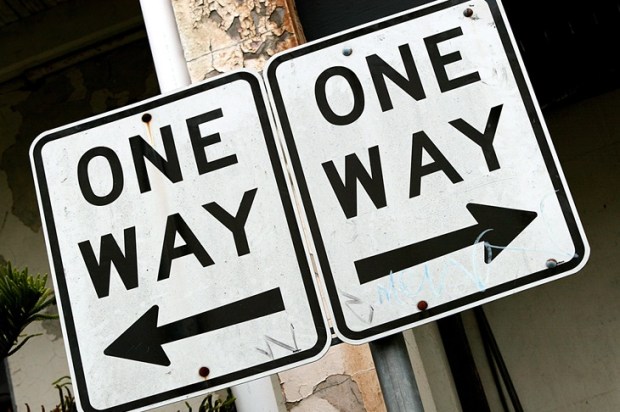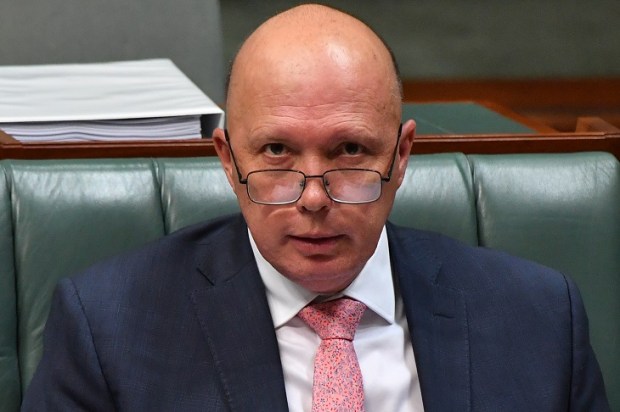Australia has a problem. The financial security of the nation’s citizens dangles on the threads of ‘social virtue’ spun out by self-interested banks. These corporate giants are more concerned with their ESG ranking than their customers’ bank balances.
This situation is fragile – precarious – and making customers increasingly nervous about the cosy ménage à trois forming between politicians, banks, and far-left activists.
Without a safe banking environment, free of political fingers and activist screeching, there can be no functioning market economy. If citizens are frightened of losing their mortgage for speaking out against the government’s favourite policy, Australia is no longer a democracy.
After the de-banking of Nigel Farage in the UK and the subsequent revelation that others have suffered the same fate, Western nations know that something has to change. And fast.
Instead of a Trojan horse, a gift horse has walked onto the scene.
The sale of Suncorp Bank offers an important opportunity to create a publicly-owned Australian people’s bank that would guarantee essential services in the face of regional bank branch closures and moves to end cash transactions.
In Australia, the need for a people’s bank continues to grow. As does its inherent guarantee to provide essential banking services.
Over the past few years, we’ve watched the big banks withdraw services from regional areas through branch closures. If we take the past five years as an example, the number of bank branches in regional Australia has dropped about 25 per cent. Even city areas are mystified as ATMs vanish and branches become elusive.
More recently – and more alarmingly – the rise of de-banking has expanded from high-ranking political individuals and diversified into pretty much anyone accused of ‘wrongthink’. We’ve seen banks close the accounts of companies and prominent individuals whose activities (such as mining or energy production) or political positions (conservative or libertarian) are unfavoured by shareholders or corporate activists. This is the express political manipulation of the corporate world via the purse strings held by banks.
‘De-banking’ is another weapon of ‘cancel culture’. It’s particularly effective because having a bank account in the modern world has become a human right. Without it, we are non-citizens, locked out of society.
We all need that basic service: an account that receives our wages or Centrelink payments, and from which we pay our normal expenses. A place to keep our savings secure. A place from where we can get cash if we need it.
A people’s bank is paramount to protecting this human right.
It would guarantee these essential services for Australians no matter where they live or what they do. And something else, which is at once both more fundamental and less obvious: a service ethic that puts people and customers first, before politics or ideologies or social activism or – most importantly – before profits.
It can work as the bank ‘of last resort’, providing services in markets where the profit-motivated big banks would prefer not to operate, and offer that which the big banks are increasingly taking away from their customers: the value of face-to-face service.
Several ingredients for this recipe are already in the kitchen.
The first of these is the sale of Suncorp Bank. It’s Australia’s sixth-largest bank with about $60 billion of assets under management, and its banking division last year delivered a healthy profit of $470 million.
With Suncorp clearly wanting to pursue opportunities in the insurance industry, Suncorp Bank was recently on the market at $4.9 billion. The Australian Competition and Consumer Commission (ACCC) has stepped in to prevent its sale to ANZ on competition grounds. With ANZ indicating its intention to take the matter to court, Suncorp Bank is presumably still for sale to the right buyer.
This buyer could be the Commonwealth. Specifically, it could be the Future Fund, the Australian sovereign wealth fund created in 2006 ‘to invest for the benefit of future generations of Australians’.
Another important ingredient is Australia Post. Sustainability of the current operating model notwithstanding, the provision of banking services at post offices has grown in response to increasing demand and the withdrawal of commercial banking.
I recently met with executives of Australia Post and they tell me that with some legislative changes and appropriate support from the banking sector, they’re ready to build on and expand regional banking services.
The other key ingredient is customers, who are already there and waiting to give their business to a bank that is investing in the community rather than looking for ways to get out. I remember when Elders launched Rural Bank two decades ago: they anticipated $150 million in deposits in their first six months, yet in that time received more than $1 billion.
That’s most of the ingredients: the expertise, the infrastructure, an agency ready to deliver more banking services, and a ready customer base with considerable demand.
The missing final ingredient is, quite simply, the will to act.
In commenting on its rejection of the proposed acquisition of Suncorp Bank by ANZ, the ACCC itself illustrated the impetus for action on a people’s bank:
‘The proposed acquisition increases the likelihood that the major banks adopt a ‘live and let live’ approach to each other, aimed at maintaining or protecting their existing market shares. This is instead of competing strongly on price, innovation, and the quality of their service and products to win customers. Competition being lessened in these markets will lead to customers getting a worse deal.’
That our competition watchdog needs to say this is an indictment on successive federal governments which, far from fostering an environment that allows competition to flourish, has overseen a contraction of the banking sector to the big four which now account for about 90 per cent of all Australia’s banking services.
That’s what a people’s bank is really about: providing a competitive alternative that offers what the banks seek to take away like branches where you can speak to a person face-to-face; where you can safely deposit that weekend’s take from the canteen at the footy or proceeds from the local spring show; where you can talk to someone who personally knows you and chat about a small business loan.
It can offer products the big banks, in their collective ‘wisdom’, don’t currently offer such as 30-year fixed rate mortgages – a popular product overseas.
In buying Suncorp Bank and integrating it with Australia Post’s banking services network, the government could create a people’s bank that would guarantee essential banking services as well as allowing Australia Post to expand to offer a more complete range of services.
Being publicly owned and run for people rather than profit, it could be a vehicle to deliver government funding for social housing or drought relief. More significantly, it could finance nation-building projects like the Iron Boomerang proposal – investments very much in keeping with the principles of a sovereign wealth fund.
The last bit of seasoning to throw in the pot is some tweaking of the banking Code Of Conduct with a focus on a basic services guarantee that takes absolute precedence over politics and ideology as expressed in environmental, social, and ‘governance’ (ESG) statements. No de-banking at the people’s bank, just good old-fashioned people-oriented service.
And who knows? With a working example of a people’s bank providing honest competition, the big banks might learn a thing or two about how much Australians will value accountability and service which puts them first instead of shareholder profits and sycophantic retreats from corporate activism.
Got something to add? Join the discussion and comment below.
Get 10 issues for just $10
Subscribe to The Spectator Australia today for the next 10 magazine issues, plus full online access, for just $10.


























Comments
Don't miss out
Join the conversation with other Spectator Australia readers. Subscribe to leave a comment.
SUBSCRIBEAlready a subscriber? Log in